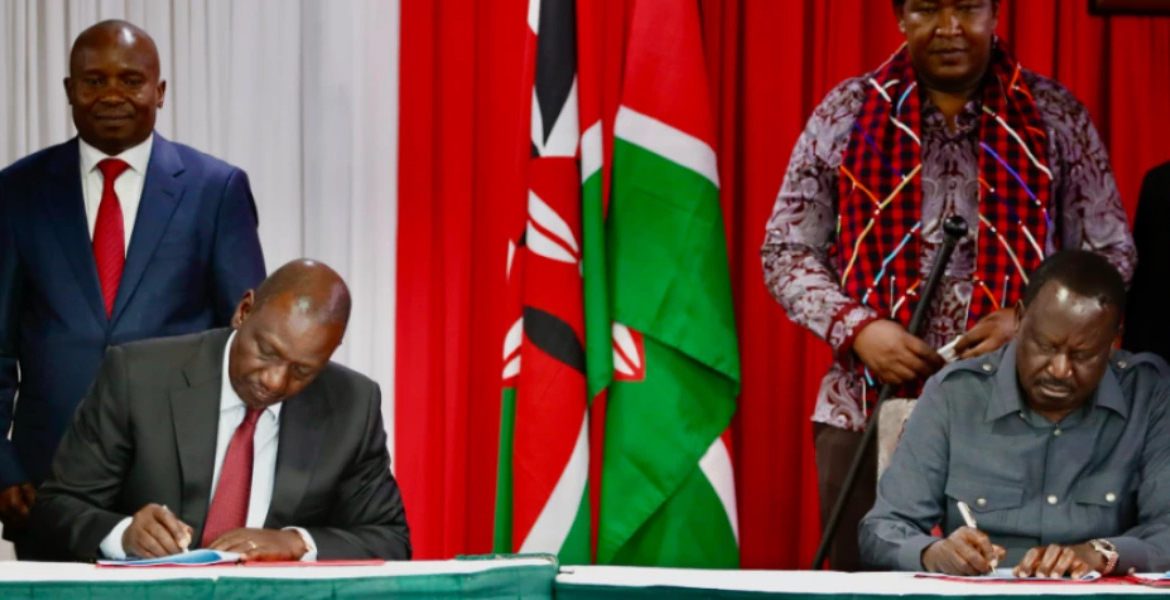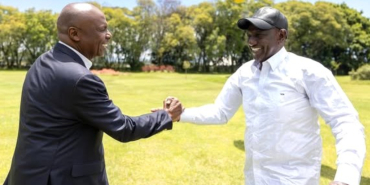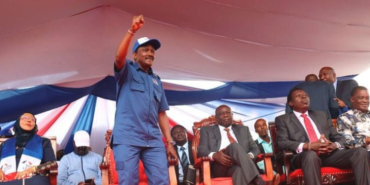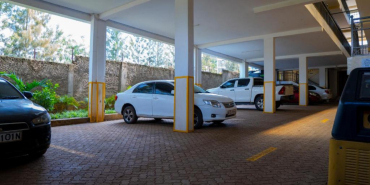Ruto–Raila Compensation Plan for Protest Victims Faces Public Backlash

Kenya is facing growing controversy over a government plan to compensate people harmed during protest-related violence, with critics questioning its legality, morality, and potential for political misuse.
The initiative, backed by President William Ruto and supported by ODM leader Raila Odinga, aims to provide financial compensation to victims of injuries and losses suffered during public demonstrations between 2017 and 2025. Supporters view it as a step toward reconciliation, but opponents argue it risks weakening the rule of law and reducing serious human rights violations to a matter of financial payouts.
The framework is being developed by legal scholar Professor Makau Mutua, who has been given 120 days to design the plan. Proponents compare it to South Africa’s Truth and Reconciliation Commission, describing it as a form of transitional justice. However, political analyst John Okumu warns that the initiative blurs the line between political compromise and genuine justice, asking whether money can truly address the deep emotional and social wounds caused by state violence.
Ethical concerns have also taken centre stage. Former United Democratic Alliance secretary-general Cleophas Malala questioned the morality of the proposal, asking if its architects would accept their own children being subjected to brutality in exchange for compensation. Critics argue that placing a monetary value on human life risks appearing insensitive and could be seen as an attempt to cover up deeper systemic problems.
Legal experts and some opposition figures are also challenging the constitutional foundation of the plan. They suggest the government should use existing legal channels, such as the Victim Protection Act, instead of creating a politically negotiated settlement. Makueni Senator Dan Maanzo has called for victim impact statements to guide the process rather than political declarations.
The plan’s focus on events from 2017 onward has sparked further criticism. Opponents say it excludes earlier historical injustices, including colonial-era abuses and the 2007/08 post-election violence, raising doubts about the government’s commitment to a full reckoning with Kenya’s history of state violence.
Families of victims remain divided. Some, like Jonah Kariuki—whose son was killed during protests—reject the idea of monetary compensation, saying it diminishes the value of human life. People’s Liberation Party leader Martha Karua has warned that the initiative risks framing state violence as a “sport that earns the relatives prize money,” further eroding public trust in government accountability.
Some analysts view the plan as a political move ahead of the 2027 elections, aimed at easing public discontent and strengthening political support.








Add new comment